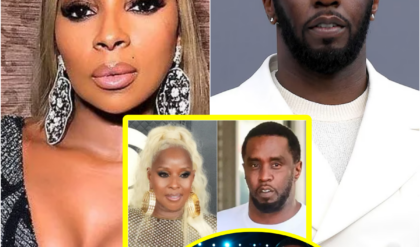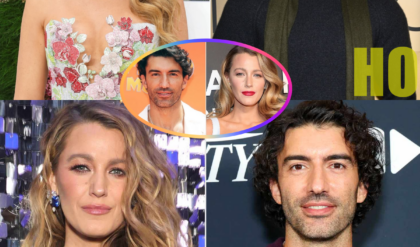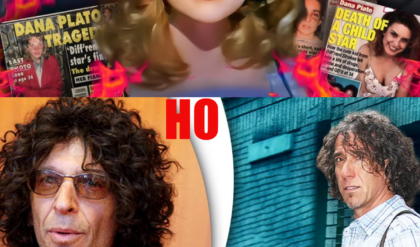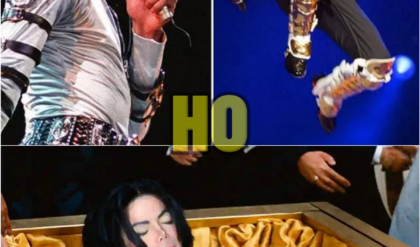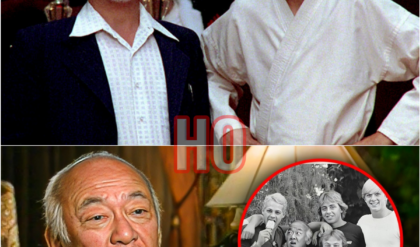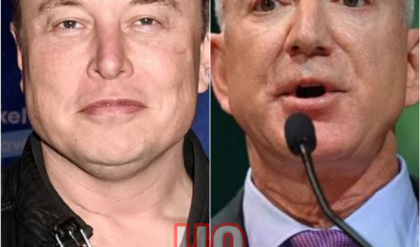Drake is no stranger to rap feuds. He’s clashed with notable figures like Meek Mill, Pusha T, and more recently Kendrick Lamar. However, one rivalry stands out not for its intensity, but for its peculiar, one-sided nature: Drake’s ongoing tension with Pharrell Williams. Despite Drake’s repeated taunts, sneak disses, and outright jabs, Pharrell has remained silent, never directly engaging. This silence has left fans puzzled, wondering what it is about Pharrell that keeps him from reacting to Drake’s provocations.
What many don’t realize is that Pharrell’s tension with Drake actually traces back over a decade and didn’t even start with Drake himself. It began with Lil Wayne and even before that, with Birdman. To understand the origins of this beef, we need to go back in time.
Born on April 5th, 1973, Pharrell Williams grew up in the Virginia Beach area, in the Atlantis Projects. His musical journey began when he discovered records by legends like Aretha Franklin and Stevie Wonder. Encouraged by his grandmother, who gave him his first snare drum, Pharrell pursued music and eventually joined the school band, where he met Chad Hugo. Together, Pharrell and Chad connected instantly, forming a bond that would lead to the creation of The Neptunes, one of the most influential production duos in hip-hop history.
Though Virginia Beach wasn’t a prominent hub for music at the time, Pharrell’s dreams began to take shape when legendary producer Teddy Riley opened Future Records across from Pharrell’s high school. Riley, already known for his work with Dr. Dre, Mary J. Blige, and Michael Jackson, noticed Pharrell and Chad’s talents and quickly brought them into the studio. They later signed with his label, and Pharrell’s career began to take off. He quickly became one of the most sought-after producers, collaborating with artists like Gwen Stefani, Justin Timberlake, and Snoop Dogg.
By 2001, Pharrell and Chad had formed their own label, Star Trak Entertainment, which signed artists like Kelis, Robin Thicke, and Teyana Taylor. It was during this time that Pharrell and Chad’s innovative production style caught the attention of none other than Birdman, the head of Cash Money Records. Pharrell’s production work on the track What Happened to That Boy with Birdman and The Clipse marked the beginning of a longstanding feud with Cash Money, particularly with Birdman, who reportedly refused to pay Pharrell and Chad for their work on the song. This financial dispute created tension between Pharrell and the Cash Money camp, which escalated over the years, particularly with Lil Wayne’s involvement.
In 2005, Lil Wayne asked Pharrell for a Billionaire Boys Club outfit to wear in a music video. Pharrell, still frustrated over the lack of payment for What Happened to That Boy, declined. Wayne, undeterred, bought the clothes himself and wore them anyway, making it clear that the issue between him and Pharrell was far from resolved. The conflict continued to escalate when Wayne flaunted his new wardrobe, including pieces from the Bape brand Pharrell was heavily associated with, in a 2006 Vibe Magazine cover.
In response, The Clipse released Mr. Me Too in 2006, which was seen as a direct jab at Wayne. The song’s lines about biting styles and being influenced by others fueled the beef, and Lil Wayne fired back in a now-infamous 2006 Complex interview, dismissing Pharrell by saying, “Who the f**k is Pharrell?” Despite the insults, Pharrell never publicly responded, leaving Wayne’s shots unanswered. This laid the groundwork for the beef that would be inherited by Drake.
When Drake signed to Cash Money Records and became Lil Wayne’s protégé, he inherited the tension between Cash Money and Pharrell. This set the stage for the beef between Drake and Pusha T, as well as the indirect conflict with Pharrell. After Drake’s subliminal shots at Pusha T in tracks like Dreams Money Can Buy, Pusha T responded with the diss track Don’t F**k With Me, which called out Drake’s alleged use of ghostwriters and his refusal to confront Kanye West and Jay-Z directly. This began the back-and-forth that led to one of the most intense feuds in hip-hop, culminating in Pusha T’s brutal diss track The Story of Adidon in 2018.
But the beef took another turn when Pharrell’s role as the creative director of Louis Vuitton in 2021 sparked controversy, particularly with Drake. In 2022, Pharrell launched an online auction for iconic hip-hop memorabilia, including jewelry from his time in the industry. Among the items auctioned were Pharrell’s Billionaire Boys Club pendant, his N.E.R.D chain, and a solid gold Sony PSP. The auction grossed over $5.25 million, and shortly after, Drake and 21 Savage released their album Her Loss, which included the track Jumbotron Shit Poppin. In the music video, Drake was seen flaunting Pharrell’s jewelry, including chains that had been part of the Son of a Pharaoh auction, effectively mocking Pharrell and flexing the items he had purchased.
Drake’s disses didn’t stop there. In 2023, the song Meltdown from Travis Scott’s Utopia album took shots at both Pharrell and Pusha T, with Drake making it clear that he valued Pharrell’s jewelry but disrespected his legacy. The line “I melt down the chains that I bought from your boss” was seen as a direct attack on Pharrell’s influence and contributions to hip-hop. Pharrell, however, continued his silence, choosing not to respond directly.
Then, in 2024, Kendrick Lamar stepped into the fold, dropping his diss track Euphoria, where he made it clear that he was defending Pharrell’s legacy. He even referenced Drake’s inherited beef with Pharrell, saying, “I inherit the beef.” Kendrick’s loyalty to Pharrell reignited the public conflict between him and Drake, further fueling the fire.
Despite these continued provocations, Pharrell maintained his usual stance of silence. His response came in the form of the song Double Life, which was part of the Despicable Me 4 soundtrack. While Pharrell didn’t directly address Drake’s jabs, the lyrics of the song questioned the authenticity of people leading a “double life,” which many interpreted as a subtle shot at Drake’s persona and lifestyle.
Pharrell’s refusal to engage with Drake directly highlights a key difference between the two: while Drake thrives on controversy and often uses his music to provoke his rivals, Pharrell has mastered the art of maintaining a composed and professional image. He’s a father, a businessman, and a cultural icon who understands the importance of letting his work speak for itself. In a 2023 GQ interview, Pharrell explained his philosophy on silence, saying, “Silence is an exercise… being okay with the fact that most people are going to miss it.”
Ultimately, Pharrell’s lack of response to Drake’s provocations speaks volumes about his priorities. While Drake’s actions seem to be driven by a need for validation, Pharrell is focused on his broader legacy and responsibilities. He’s risen above the drama, continuing to influence music, fashion, and culture without getting bogged down by petty rivalries.
